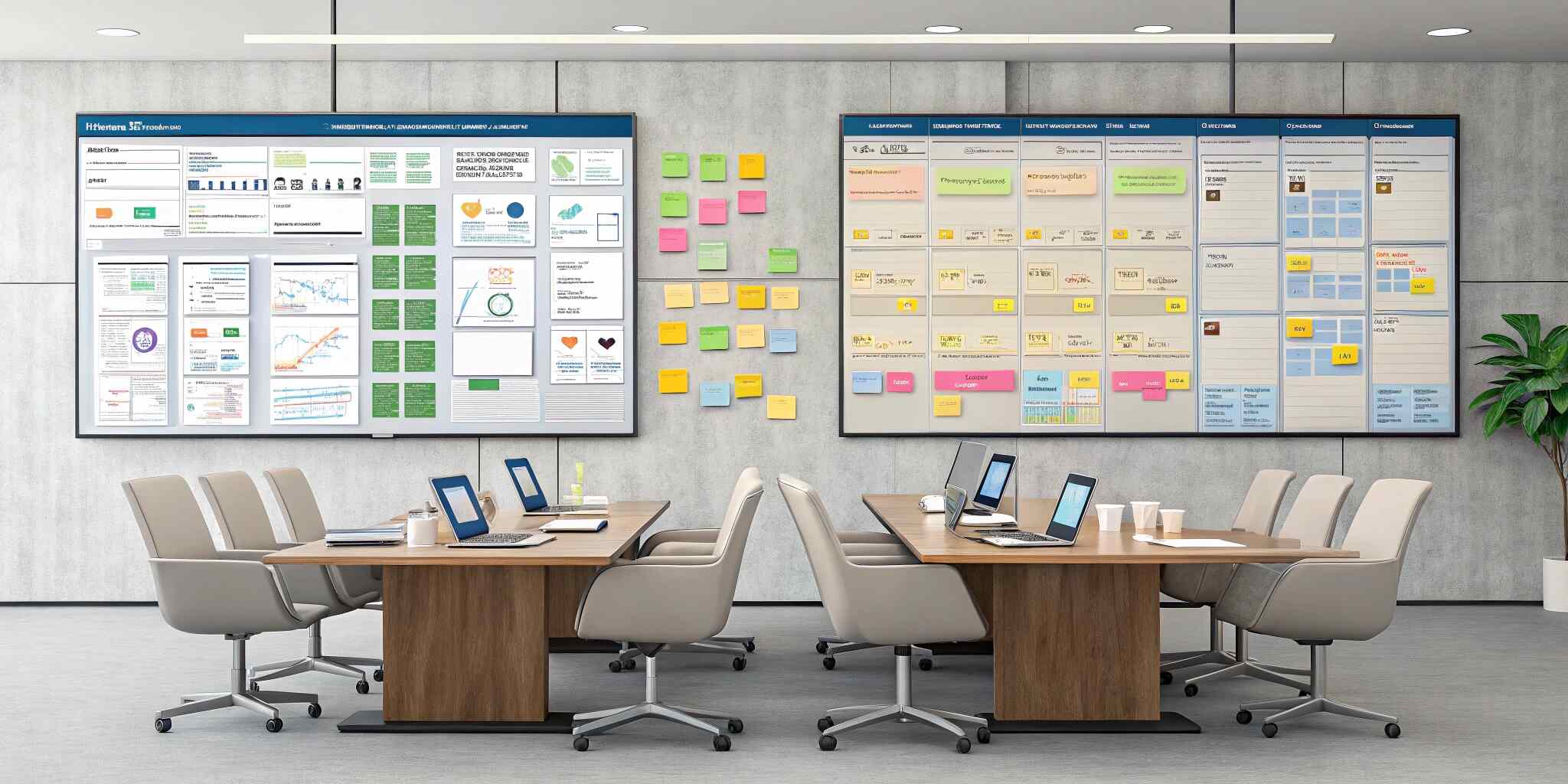Managing projects in today’s fast-paced business environment requires more than just to-do lists and spreadsheets. Companies need structured methodologies and advanced tools to ensure projects are delivered on time, within budget, and with high quality. This is where project management tools and methodologies play a vital role.
Understanding Project Management Methodologies
Project management methodologies provide a framework for planning, executing, and monitoring projects. Some widely used methodologies include:
- Agile: Focuses on flexibility, collaboration, and iterative progress. Commonly used in software development.
- Scrum: A subset of Agile, Scrum organizes work into sprints, allowing teams to deliver small, incremental updates.
- Kanban: Visualizes work on boards, helping teams track progress and improve workflow efficiency.
- Waterfall: A traditional method where tasks are completed sequentially, best suited for projects with clear requirements.
Each methodology offers unique benefits depending on the project type, team size, and goals.
Popular Project Management Tools
To support these methodologies, organizations use various project management tools:
- Trello: A Kanban-based tool for visualizing tasks and workflows.
- Jira: Popular among software teams, it supports Agile and Scrum for tracking issues and sprints.
- Asana: Great for team collaboration, task assignments, and progress tracking.
- Microsoft Project: A robust tool for scheduling, budgeting, and resource allocation.
- Monday.com: A versatile platform offering customizable workflows for multiple methodologies.
Benefits of Using Tools and Methodologies Together
- Improved Collaboration – Teams stay aligned with shared dashboards and task updates.
- Better Time Management – Clear deadlines and milestones reduce project delays.
- Transparency and Accountability – Every team member’s role and progress are visible.
- Higher Success Rates – Combining the right methodology with powerful tools leads to more efficient project delivery.
Challenges to Consider
Adopting tools and methodologies can come with challenges such as learning curves, integration with existing systems, and resistance to change. However, with proper training and leadership support, these can be overcome.
Conclusion
Project management tools and methodologies are essential for modern businesses aiming to improve productivity, collaboration, and outcomes. Whether it’s Agile, Scrum, Kanban, or Waterfall, pairing the right approach with the right software ensures successful project execution.


